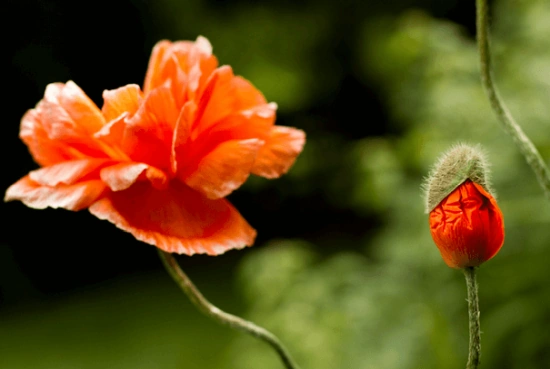5146. 'And in the highest basket' means the inmost degree of the will. This is clear from the meaning of 'a basket' as a degree of the will, dealt with above in 5144; and from the meaning of 'the highest' as the inmost part, dealt with in 2148, 3084, 4599. The reason 'the highest' means the inmost part is that while a person is an inhabitant of space, interior things are seen by him as higher and exterior ones as lower. But when spatial ideas are laid aside, as happens in heaven and also in a person's interior thought, the idea of height and depth is also laid aside; for height and depth belong to spatial ideas. Indeed in the inner heaven not even the idea of interior things and exterior ones exists because even that idea has a spatial element attached to it. Rather, the idea in that heaven is of a state of greater or lesser perfection; for interior things exist within a greater state of perfection than exterior ones because interior things are nearer to the Divine and exterior ones more remote from Him. This is the reason why that which is highest means that which is inmost.
[2] Nevertheless no one can have a mental grasp of the relationship of what is interior to what is exterior unless he knows about degrees, regarding which see 3691, 4154, 5114, 5145. Man has no other notion of what is interior and consequently more perfect than the ever increasing purity of something the more one breaks it down. But greater purity and greater grossness can exist simultaneously in one and the same degree, owing not only to the expanding and condensing of it but also to the limitation of it and to the introduction of similar or else dissimilar elements into it. With an idea such as that regarding his interiors man cannot possibly do other than think that exterior things are attached in a continuous manner to interior ones, and so act entirely as one with them. But if a proper idea regarding degrees is formed one may grasp how interior and exterior things are distinct and separate from one another, so distinct that interior things can come into being and remain in being without exterior ones, whereas exterior things can never do so without interior ones. One may also grasp the nature of the correspondence of interior things within exterior ones, as well as the way in which the exterior things can represent interior ones. This explains why, other than hypothetically, the learned are unable to examine the question regarding the interaction of the soul and the body. Indeed it also explains why many of them believe that life belongs intrinsically to the body, and thus that when their body dies their interiors will die too since these are closely attached to the body. But in actual fact only the exterior degree dies; the interior degree survives and goes on living.







